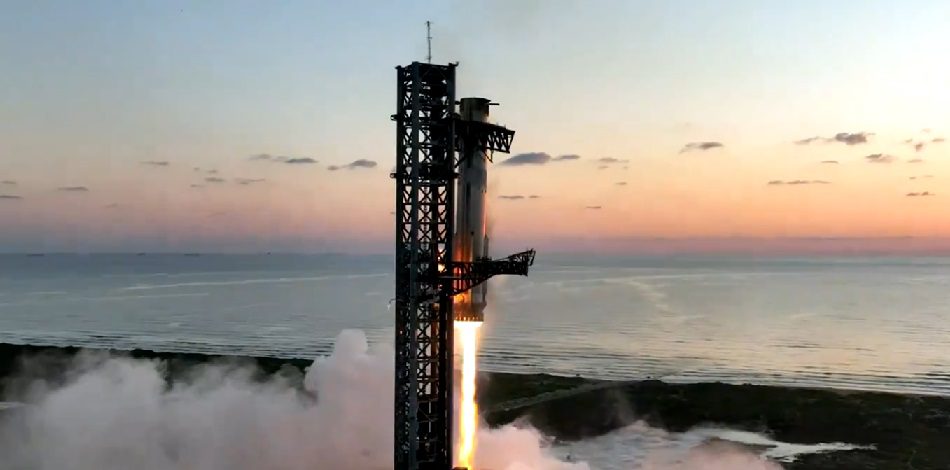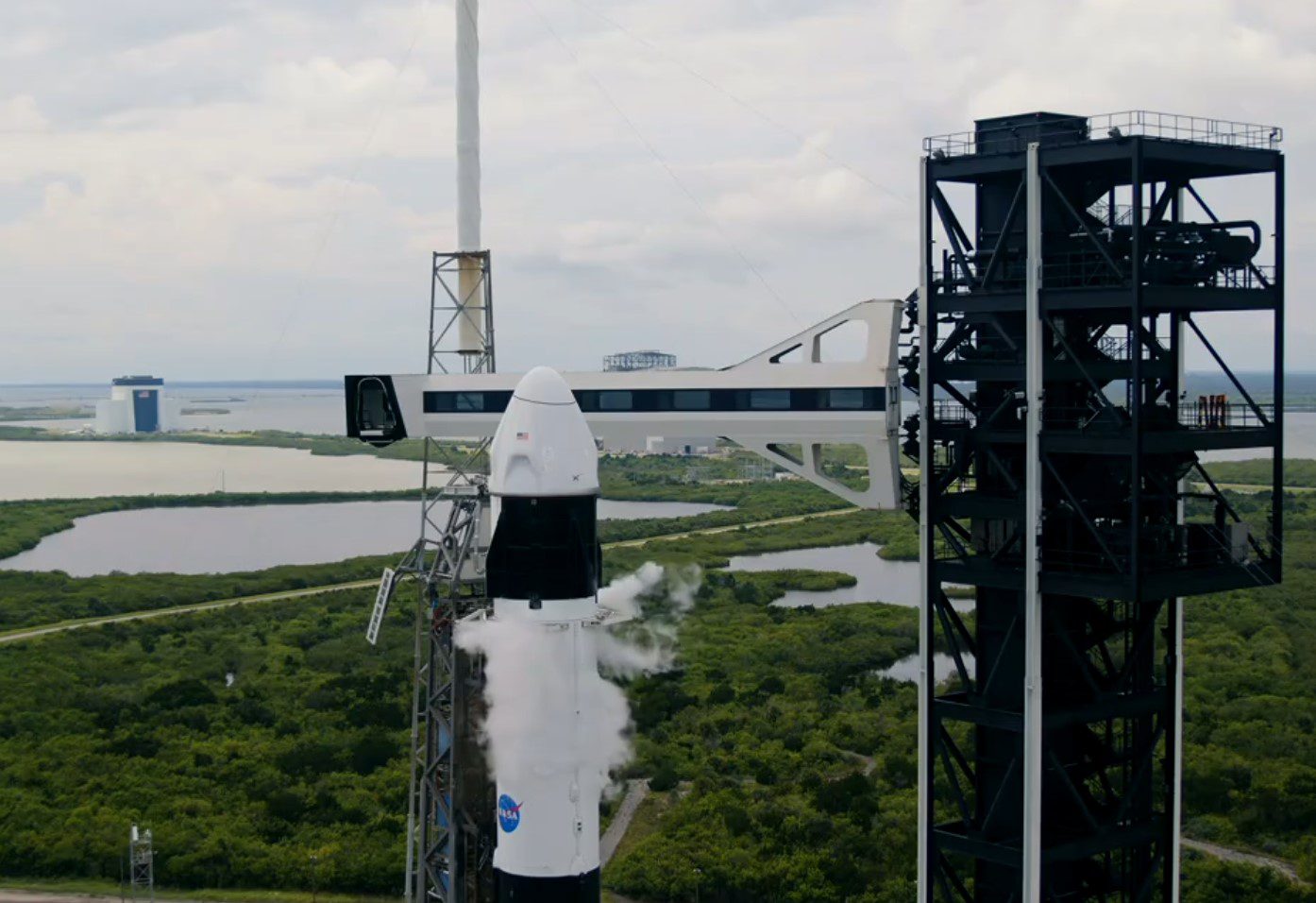Intelsat, one of the primary FSS operators globally, announced on 13 May that it had entered into Chapter 11 bankruptcy protection via a Court in the USA. The company described the move as a “financial restructuring” process. This new status, which protects the company from its creditors, was triggered by the willing default by Intelsat on a bond that came due in April. This was followed by a 30-day grace period.
While the financial failure of Intelsat has been predicted by industry experts for many years, largely due to its historically poor balance sheet and a US$14 billion debt mountain, this move is actually more strategic than forced. The financial restructuring will enable it to claim US$4.87 billion in incentive/compensation payments offered by the US FCC to encourage select operators to clear a portion of the C-band spectrum over the USA. Intelsat found itself restricted by debt covenants that prevented it from spending what was required on new spacecraft and terminals in order to qualify for these incentive payments.
Alongside its Chapter 11 status, Intelsat announced that it had lined up US$1 billion in financing to support ongoing operations and to begin funding the upfront clearing costs. This new financing will, however, have to be approved by the Court before Intelsat can benefit from it.
Comment by Matthew Wilson: A significant part of the upcoming C-band clearing costs involves ordering new satellites to operate in the reduced C-band environment. This makes the sudden US$700 million increase in unidentified backlog for US-manufacturer Maxar clearer. This was reported by Maxar on 11 May.
It is, however, uncertain whether Intelsat is solely or partly responsible for this, considering the company would have been unable to sign any firm contracts before entering Chapter 11. Despite this, Maxar may have remained confident enough that it would receive a multi-sat order from Intelsat to include it in its books. There is also the chance that FCC incentive payment colleague/competitor SES may have placed this order to support its own C-band clearing process.








